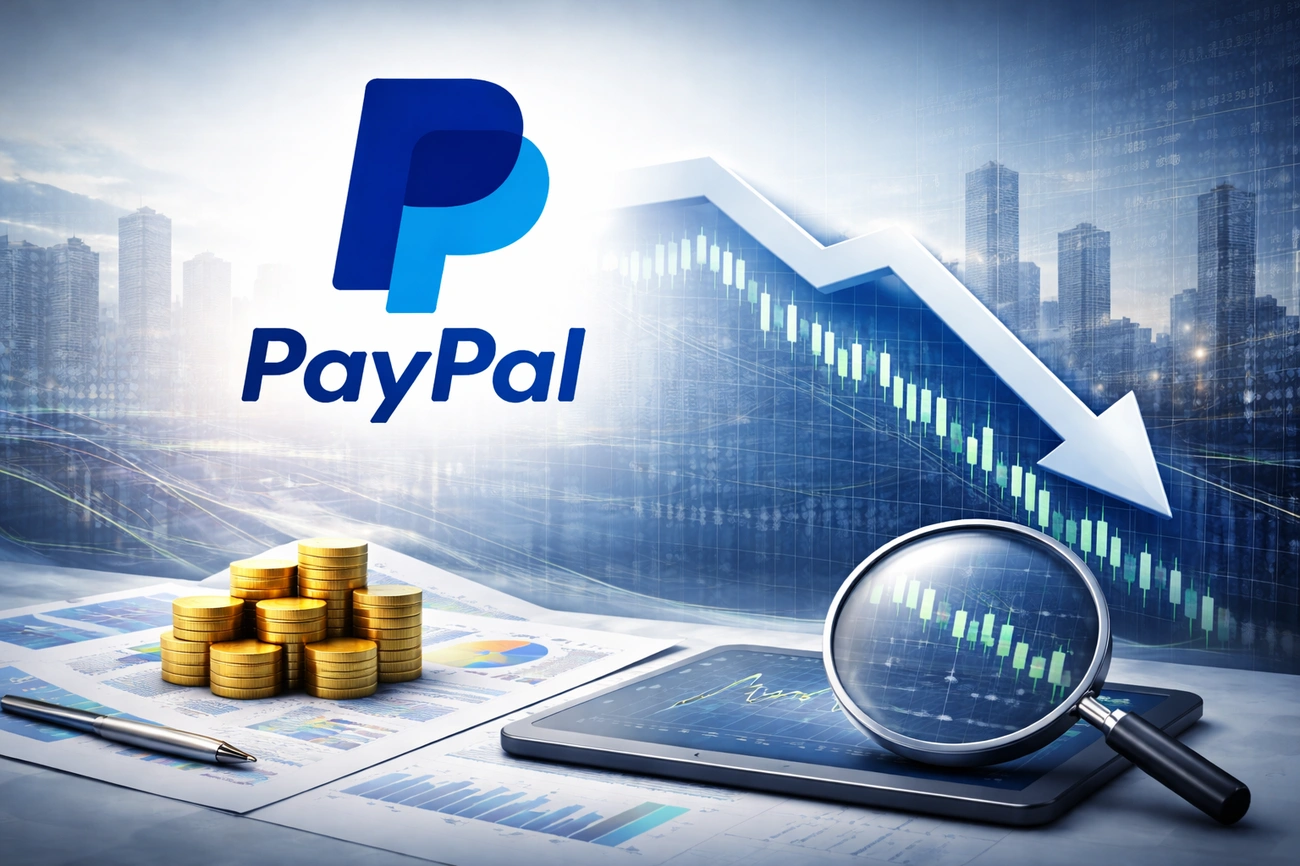Key Takeaways
- Perplexity AI is not a publicly traded company as of 2025.
- You can gain indirect exposure through companies and funds invested in Perplexity.
- The IPO may happen after 2028, based on CEO statements.
- Backed by Jeff Bezos, Shopify’s Tobi Lütke, and major AI funds like Khosla Ventures.
- Alternatives: invest in AI ETFs, or stocks like Nvidia, Microsoft, or Databricks.
Introduction
With AI transforming the tech landscape, Perplexity AI has quickly become one of the most talked-about companies in the generative AI world.
But investors keep asking: Can you invest in Perplexity AI stock? Is it publicly traded?
In this guide, we’ll break down everything you need to know about how to invest in Perplexity AI, including:
- Whether Perplexity is listed on the stock market
- When a Perplexity IPO might happen
- lndirect ways to gain exposure through other companies and ETFs
What Is Perplexity AI?
Simply put, Perplexity AI is an advanced large language model (LLM) that shares similarities to OpenAI's ChatGPT. The difference is, according to the people I speak with, when interacting with it, Perplexity AI resembles the feeling of talking with a very smart friend.
This is unsurprising as the founders behind Perplexity come from companies such as Google, Meta, and OpenAI, all of which focused on the development of artificial intelligence. As of mid-2025, Perplexity’s valuation has reached $14 billion, thanks to growing interest from both consumers and investors.
How to Invest in Perplexity AI (Indirectly)
Perplexity AI is not currently a publicly traded company.
It remains private and has raised capital through several funding rounds from notable venture capital firms like:
- Khosla Ventures
- NEA
- Databricks Ventures
- Elad Gil and Nat Friedman
The company’s CEO, Aravind Srinivas, confirmed that an IPO is not expected before 2028. Like OpenAI and Anthropic, Perplexity is focusing on growth before entering the stock market. Instead, we must identify potential exposure points to the company through various other methods and gain exposure that way. Since Perplexity isn’t listed on the stock exchange, you can’t buy its shares directly. However, there are indirect ways to invest in the company:
Microsoft (MSFT)
Although Microsoft is not a 'direct' investor in Perplexity AI, it does have exposure to OpenAI and, in turn provides technology that Perplexity leverages for its own language model.
If you’re looking for exposure to the broader AI ecosystem (especially generative AI), Microsoft’s extensive investments and collaborations in the space might be a worthwhile consideration.
Tech & AI-Focused ETFs
Exchange-traded funds (ETFs) are other great ways to gain exposure to the wider industry. Global X Robotics & Artificial Intelligence ETF (BOTZ) or the ARK Autonomous Technology & Robotics ETF (ARKQ) often hold positions in companies leading AI developments.
Although these ETFs don’t directly hold Perplexity AI shares (since Perplexity is private), they can offer broader exposure to the rapidly growing AI sector, and as we believe, the sector is expected to grow.
Upcoming Databricks IPO
One of Perplexity's direct investors, Databricks Ventures, has been indicating they are exploring an IPO. If this were to happen, then you could invest directly into the company and gain exposure to Perplexity AI.
You can actually begin investing in Databricks Venture's pre-IPO through the Nasdaq Private Market.
Institutional Investors
Perhaps the most far-fetched suggestion I have, but certainly worth mentioning. Large institutions or pension funds occasionally serve as limited partners (LPs) in venture capital firms like NEA or Khosla Ventures (Perplexity AI investors).
Some of those institutions might be publicly traded or included in broader market ETFs (which will require some further digging). This approach, however, is typically not the most transparent way to track your investment’s link to Perplexity AI.
Getting started with investing in AI stocks
Step one: Set your investment budget
You would already know this, but set aside what you are prepared to lose. Considering the wild methods to invest in Perplexity AI, it would be a good idea to keep your budget minimal.
Step two: Open a brokerage account
It will be best to open a brokerage account with a company that can offer you exposure to both stocks and ETFs. It would be even better if your brokerage account offered 24/7 financial news updates, to stay up-to-date on Perplexity's stock.
Step three: Conduct fundamental analysis
This is important, I use Intellectia AI for my fundamental analysis, as it utilizes powerful AI to assess a company's revenue growth, profit margins, and future projections. It's best to grasp a good understanding of a company before committing capital to it.
Step four: Diversify your portfolio
Although you want exposure to Perplexity AI, as you can see, there really aren't any direct avenues. If you want to invest in Perplexity, you will want to gain direct exposure across all the methods I discussed above.
Step five: Monitor and adjust
Finally, you will want to constantly monitor the financial landscape and keep your eyes peeled for any other companies that you can tap into to invest in Perplexity AI. Hopefully, Perplexity will eventually go public and we can invest directly.

Conclusion
Perplexity AI is an exciting product and company. I look forward to the day they eventually go IPO but, for now, we can only use indirect methods to gain exposure to their company. However, there are still many other AI stocks to invest in while you wait for Perplexity AI.






